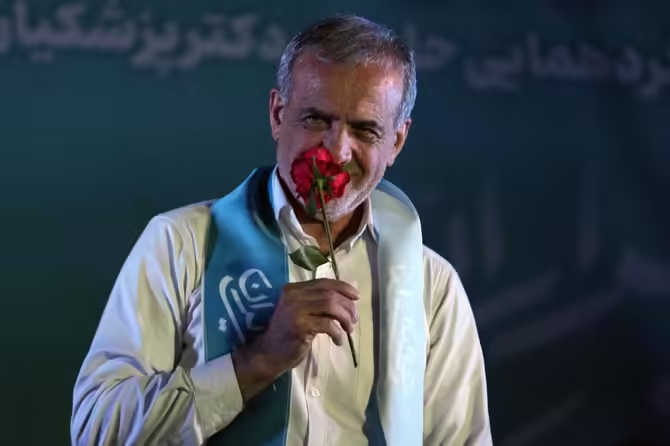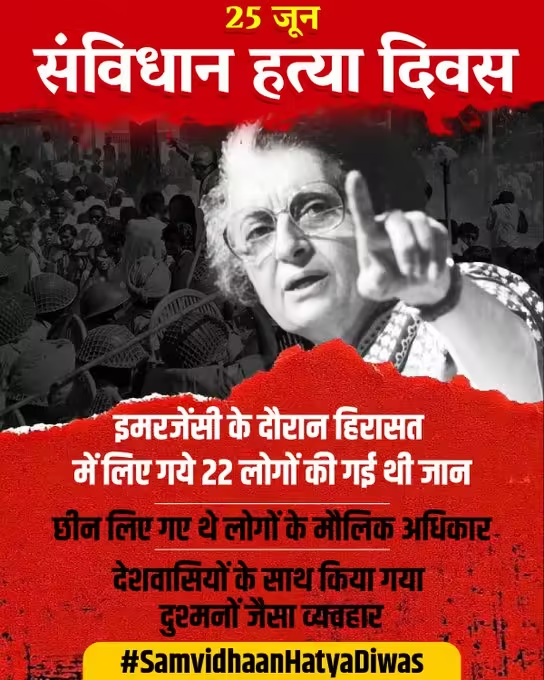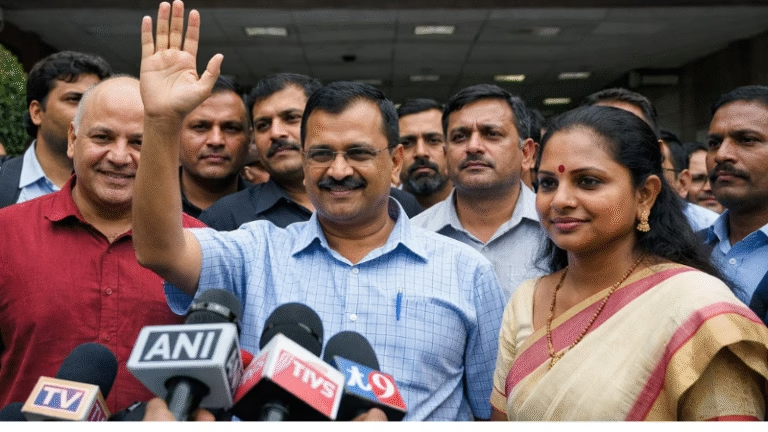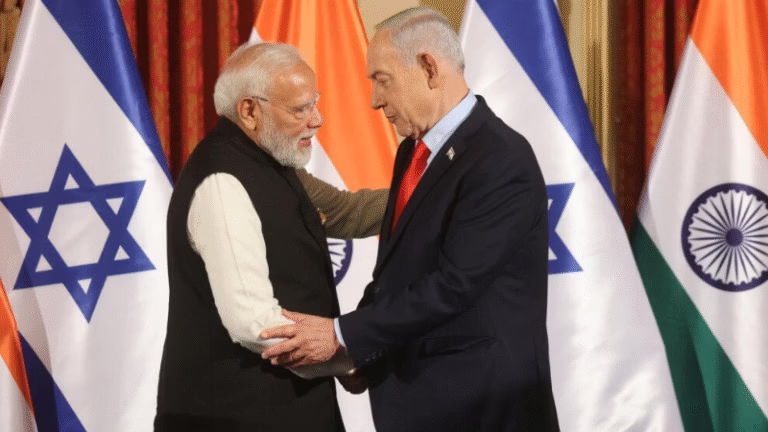1975 Emergency in India: A Dark Chapter in Indian Democracy
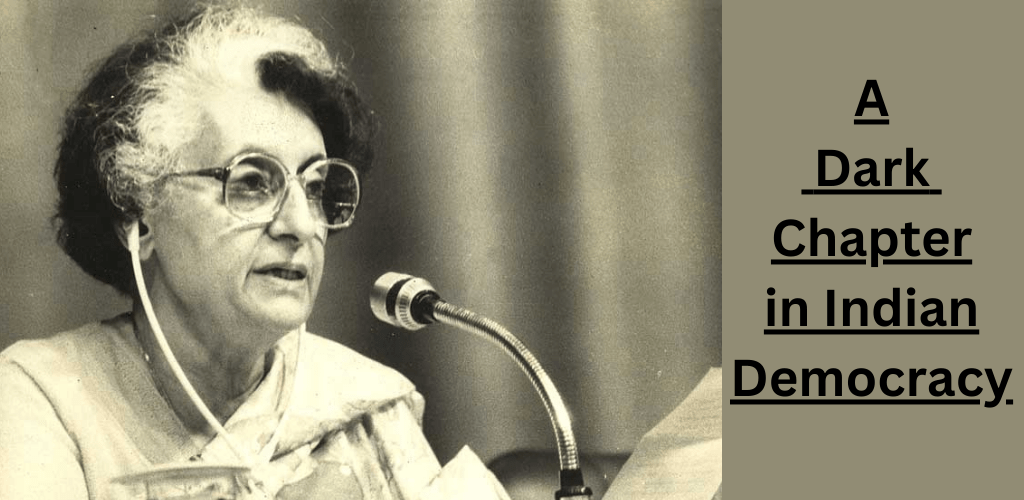
Indira Gandhi
In the annals of Indian history, the year 1975 stands out starkly as a period marked by an unprecedented suspension of civil liberties and democratic freedoms. The declaration of Emergency on June 25, 1975, by then Prime Minister Indira Gandhi, ushered in a tumultuous era that profoundly impacted the political landscape of the nation.
The Political Context
India in the early 1970s was grappling with economic challenges, social unrest, and political turmoil. Prime Minister Indira Gandhi faced mounting opposition from various political factions, including within her own party, the Indian National Congress. The Allahabad High Court’s decision to nullify her election in 1975 on charges of electoral malpractice further exacerbated tensions.
The Declaration of Emergency
In response to the court’s ruling, Indira Gandhi took a drastic step. Citing threats to national security and internal stability, she invoked Article 352 of the Indian Constitution, which grants the President the authority to proclaim Emergency if the security of India or any part thereof is threatened by war or external aggression or armed rebellion.
During the Emergency:
Suspension of Civil Liberties: Fundamental rights, including freedom of speech, freedom of the press, and the right to protest, were suspended. Political opponents, activists, and journalists critical of the government were arrested under preventive detention laws.
Media Censorship: Strict censorship was imposed on the press, and newspapers and magazines critical of the government were either shut down or censored heavily.
Political Repression: Opposition leaders such as Jayaprakash Narayan, Morarji Desai, Atal Bihari Vajpayee, and others were arrested. The political landscape was reshaped to consolidate power within the ruling party.
Economic Policies: The government implemented policies aimed at controlling inflation and stabilizing the economy, but these measures were often criticized for their authoritarian nature and adverse impact on civil liberties.
Legacy and Impact
The Emergency period left an indelible mark on Indian democracy:
Erosion of Trust: The suspension of civil liberties and suppression of dissent eroded public trust in democratic institutions.
Political Realignment: The aftermath of the Emergency saw the rise of new political alliances and movements, including the Janata Party coalition that came to power in 1977.
Legal Reforms: The excesses of the Emergency led to reforms aimed at safeguarding fundamental rights and preventing the misuse of executive power.
Reflections on Democracy
The 1975 Emergency serves as a stark reminder of the fragility of democratic freedoms and the importance of vigilance in upholding them. It sparked debates on the balance between national security and individual liberties, influencing subsequent political discourse and policy-making in India.
As we reflect on this dark chapter in Indian history, it is imperative to reaffirm our commitment to democratic values, the rule of law, and the protection of fundamental rights. The resilience of India’s democracy lies in its ability to learn from past mistakes and ensure that such events are never repeated.
In conclusion, while the 1975 Emergency was a period of unprecedented challenges, it also underscored the resilience of India’s democratic institutions and the unwavering spirit of its people in defending their freedoms. It remains a crucial chapter in India’s journey towards a more inclusive and robust democracy.
Trending post on Twitter today on emergency reaction






